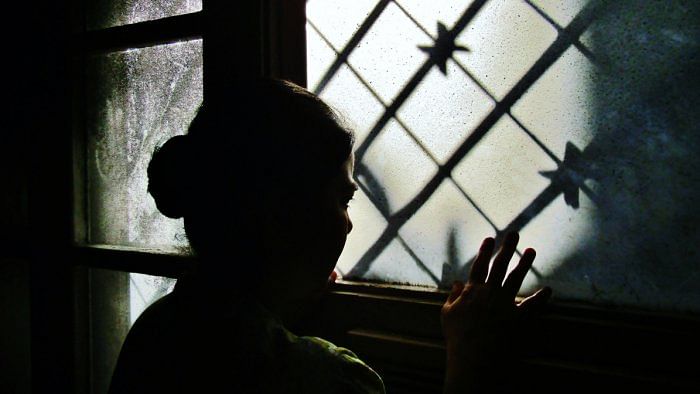
In a ground-breaking order, the Supreme Court of India has recognised sex work as a profession, affirming that sex workers and their children are entitled to the same “decency and dignity” as any other individual under Article 21 of the Constitution, which guarantees the right to life. This socially and historically significant ruling challenges the prevailing prejudices and stereotypes associated with sex work in Indian society.
The court’s order highlights the need for sensitization among law enforcement agencies, particularly the police, who have often treated sex workers brutally and violently. It emphasises that women engaged in sex work are entitled to all the fundamental human rights and constitutional protections enjoyed by all citizens. The police must recognise and respect these rights, refraining from abuse, coercion, or violence towards sex workers.
Also Read | A brutal sex trade built for American soldiers
In Indian society, sex work remains a deeply stigmatised and misunderstood profession. The prejudices and stereotypes surrounding sex work have perpetuated a culture of shame and marginalisation for those involved in the industry. Cultural and historical factors have significantly shaped the prevailing prejudices associated with it. Our society is driven by traditional norms, moral values, and religious beliefs that often condemn or ignore the existence and rights of sex workers. This has created a hostile environment that further exacerbates the vulnerabilities faced by individuals engaged in the profession.
While the court’s directions primarily focus on rehabilitation measures for sex workers and related issues, addressing this marginalised community’s larger challenges is crucial. The National AIDS Control Organisation (NACO) estimates 868,000 female sex workers in India, with many transgender individuals also engaged in sex work. However, the response to gender-based violence, access to healthcare, and social entitlement programmes for sex workers remains limited.
The Covid-19 pandemic further exacerbated the challenges faced by sex workers, as many were forced out of their rented accommodations due to the lockdowns. A study conducted among sex workers in Karnataka, Maharashtra, and Tamil Nadu revealed that 78% faced depression during the pandemic due to challenging conditions.
To challenge these prejudices, we must first acknowledge the autonomy of sex workers. It is essential to recognize that engaging in sex work is a personal choice made by individuals who navigate a range of circumstances, often driven by economic necessity or limited opportunities. By acknowledging their choices, we can foster a compassionate attitude towards those involved in the profession.
Empathy and understanding are crucial when addressing the issue of sex work. We must challenge our own biases and preconceived notions, allowing ourselves to see sex workers as individuals with their own dreams, aspirations, and struggles. It is important to remember that no one should be defined solely by their occupation, and sex workers deserve to be treated with dignity and respect, just like any other person.
Promoting the rights of sex workers is an integral part of challenging prejudice. Legal recognition and protection can help combat the exploitation, violence, and discrimination faced by sex workers. Ensuring access to social services and legal support is crucial for their well-being and safety. By advocating for the rights of sex workers, we can create an environment that encourages them to seek assistance without fear of judgement or retribution. Legal literacy workshops, peer response mechanisms, continuous training, and partnerships with the police and lawyers can empower this vulnerable community. In addition, financial strengthening programmes and housing support can provide them with the stability necessary to improve their well-being.
Education and awareness also play a vital role in shifting societal perspectives. Therefore, it is imperative to initiate open and informed discussions about sex work, shedding light on the diverse realities and experiences of those involved. By promoting dialogue and disseminating accurate information, we can dispel myths and challenge stereotypes.
Access to healthcare without bias: Access to dignified and non-discriminatory mental health counselling, including post-violence counselling, is crucial for their well-being. Non-discriminatory healthcare is a priority, and healthcare providers should be equipped with the necessary tools to recognise and respond to gender-based violence. Initiatives like the 30-bed dedicated ward for transgender patients at the Gokuldas Tejpal Hospital in Mumbai are positive steps towards providing accessible and dignified care.
Challenging the deeply ingrained prejudices and stereotypes associated with sex work is essential for creating a more inclusive and empathetic society. The Supreme Court’s recognition of sex work as a profession sets the stage for dismantling stigma and promoting the rights and dignity of sex workers.
(The writer is the founder and CEO of Caerus3 Advisors and Think Tank.)